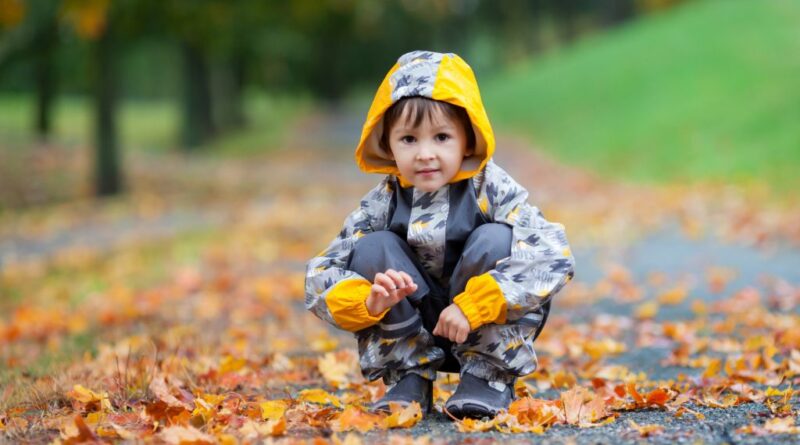In a world where screen time has replaced physical activity, it’s crucial to recognize the importance of outdoor play in developing babies and toddlers. The great outdoors offers a stimulating environment filled with unique textures, colors, and experiences that can’t be replicated by indoor play alone.
These elements contribute to various facets of a child’s development. More importantly, it provides a foundation for building essential skills that will accompany children throughout their lifespan. This article explores the indispensable role of outdoor play in developing babies and toddlers, unpacking its wide-ranging benefits.
Physical Development
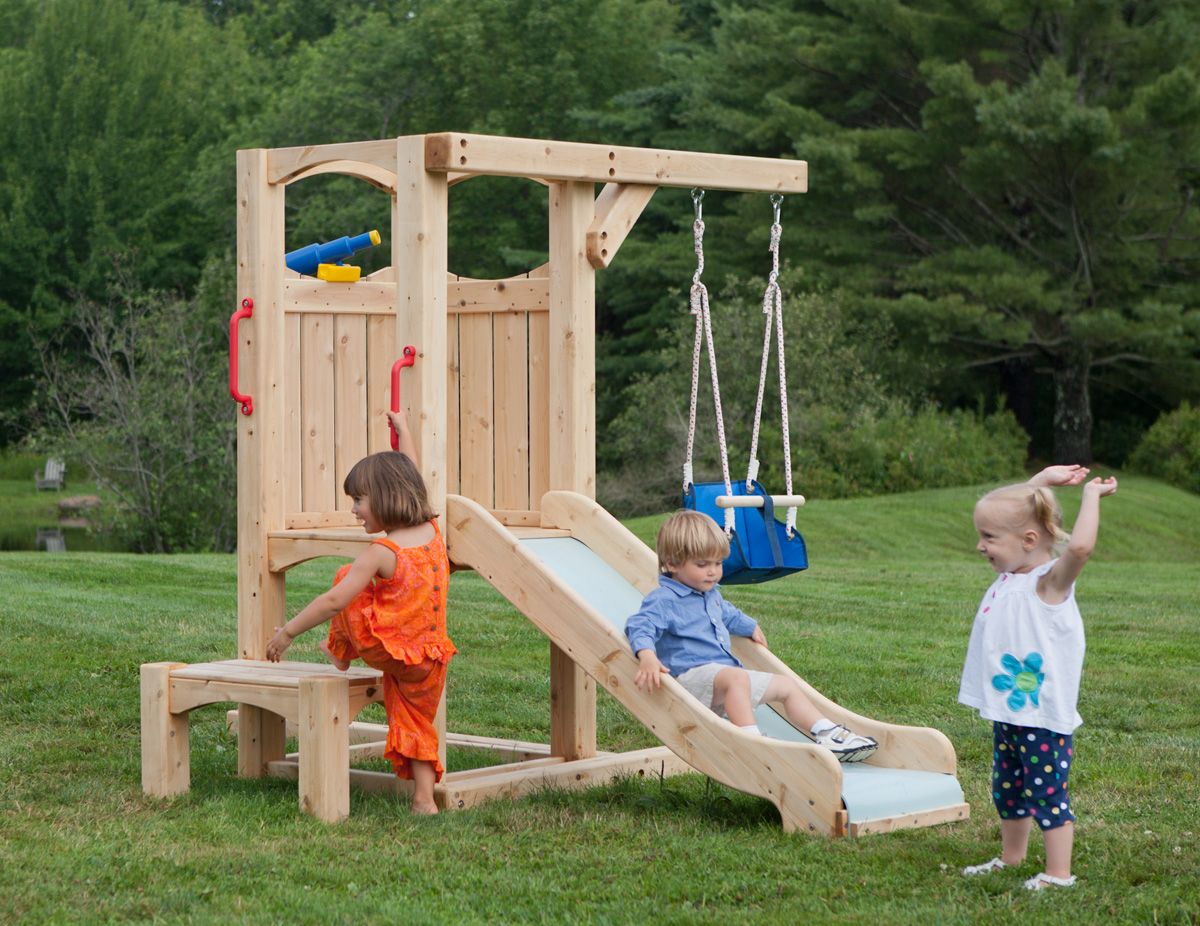
source: pinterest.com
One of the most apparent benefits of outdoor play, a focus emphasized in quality childcare for babies and toddlers in Belmore and other areas, is promoting physical development.
When children play outside, they engage in various activities that challenge their bodies. Whether it’s crawling in the grass, swinging, or walking, each activity contributes to the development of motor skills.
Outdoor activities encourage natural exercise, contributing to a healthier lifestyle from an early age. Additionally, regular physical play helps prevent obesity and associated health issues while improving cardiovascular health, muscle development, and bone strength.
Moreover, exposure to natural sunlight provides a healthy dose of vitamin D, which is essential for bone growth and immune system function. However, taking precautions like applying sunscreen and staying hydrated is important to ensure that outdoor time remains a healthy experience for them.
Emotional Well-being
Outdoor play also has a positive impact on emotional well-being. The outdoor freedom and space allow children to develop a sense of independence.
Exploring their surroundings and interacting with nature teaches them to make decisions, assess risks, and solve problems. This autonomy contributes to their self-esteem and confidence.
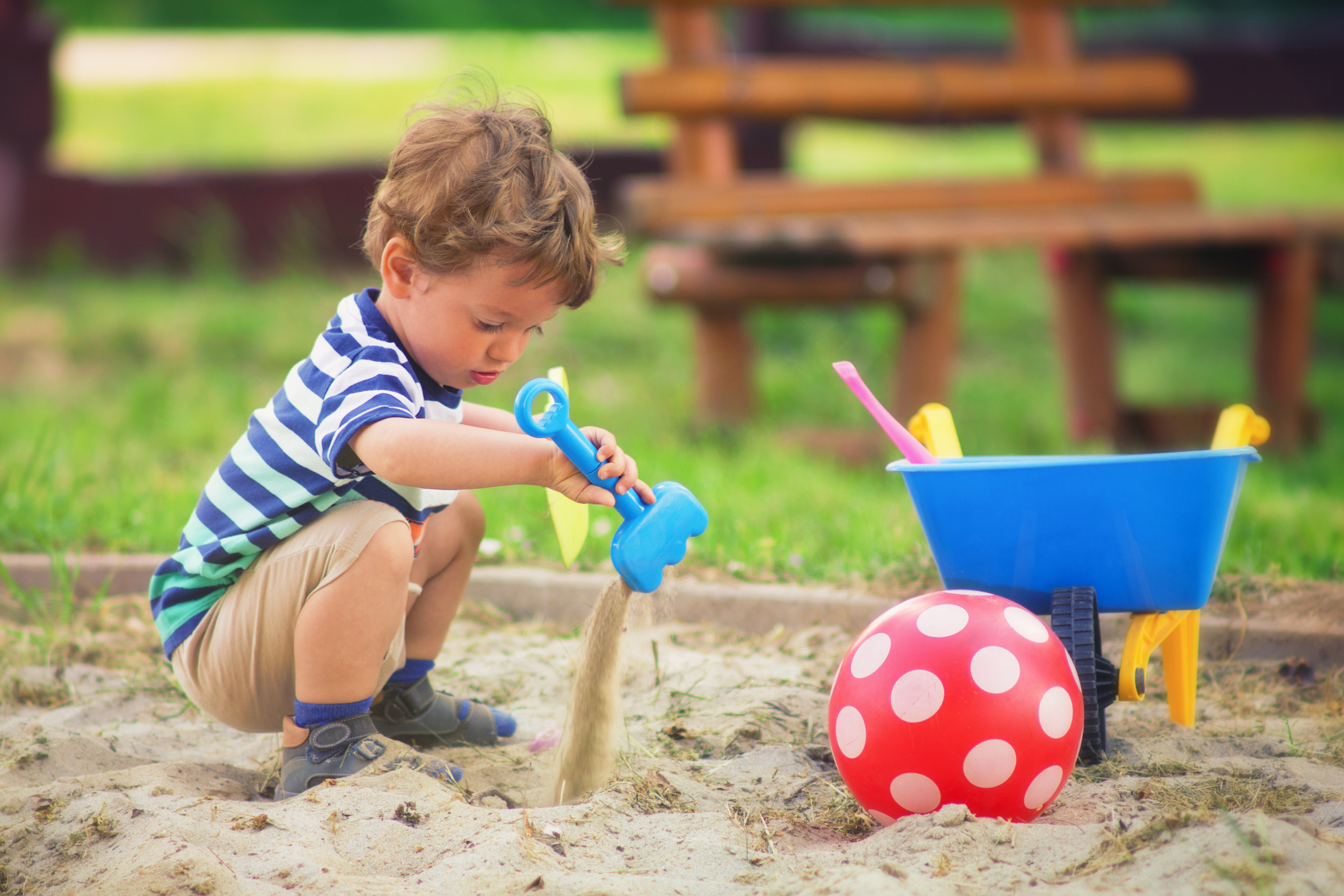
source: pinterest.com
Similarly, outdoor play allows for unstructured time where children can engage their imagination and creativity. This type of free play is essential for emotional development, as it helps children learn how to work in groups, share, negotiate, and resolve conflicts. These are vital social skills that contribute to emotional intelligence and resilience.
Furthermore, being in nature has a calming effect on children and adults. The sensory experience of hearing birds chirp, feeling the wind, or touching the soil can be grounding and help reduce stress and anxiety.
Cognitive Benefits
While indoor play is beneficial, outdoor play offers a richer setting for cognitive development. The changing landscapes, the variety of objects to explore, and the endless possibilities for play help stimulate a child’s imagination and curiosity.
They learn to think critically, make connections, and develop problem-solving skills in this environment. Simple activities like digging in the sand or watching leaves float downstream can turn into lessons in physics and biology.
Additionally, the outdoors is a great venue for developing attention and focus. Nature does not have the quick-changing stimuli that screen-based activities often provide, requiring children to pay more attention to the tasks they are engaging in. This trains their brains to focus for longer periods, which is a crucial skill in academic settings.
Lastly, outdoor activities often involve a certain level of risk and challenge, whether climbing a small hill or navigating through obstacles. These challenges require children to think critically and make quick decisions, enhancing cognitive flexibility. This mental agility is invaluable, laying the groundwork for more complex thought processes as they age.
Social Skills
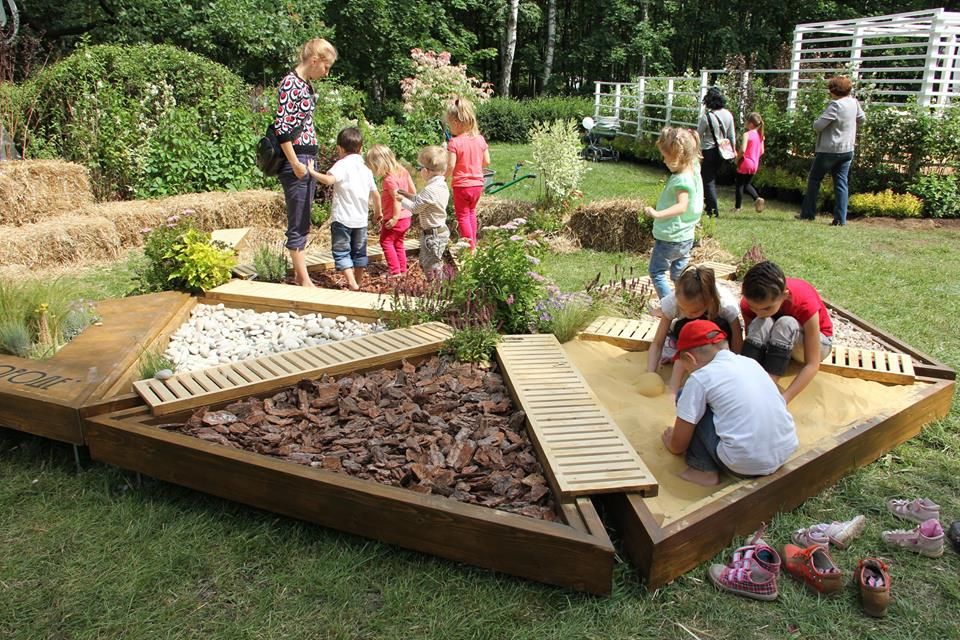
source: pinterest.com
When children play outdoors, especially with others, they can develop important social skills. Activities that require cooperation, such as building a sandcastle or playing tag, teach children the importance of teamwork and communication.
This lays the foundation for more complex social interactions as they mature, including the ability to empathize and understand the emotions and perspectives of others.
Moreover, playing outside involves rules that children must understand and follow. Whether it’s a structured game or an invented activity, this understanding of rules and structure prepares them for social constructs they’ll encounter throughout life. Learning to follow rules, take turns, and respect others are integral to societal norms and behavior.
The outdoors also serves as a leveling playing field where children can meet and interact regardless of their backgrounds. It provides a neutral space for friendships, reducing social barriers like economic status or cultural differences. Such interactions enrich a child’s social experience, exposing them to various viewpoints and lifestyles.
Connection To Nature
Outdoor play fosters a natural connection with the environment. Children who spend time outside tend to develop a sense of wonder and appreciation for nature from an early age. This early exposure can lead to a lifelong love of the outdoors and a greater awareness of environmental issues.
Understanding the ecosystem, even at a basic level, also contributes to cognitive development. Children begin to comprehend concepts like life cycles, weather patterns, and seasons, which can fuel an interest in science and learning. They also become more aware of their role in the larger world, fostering a sense of responsibility and stewardship for the earth.
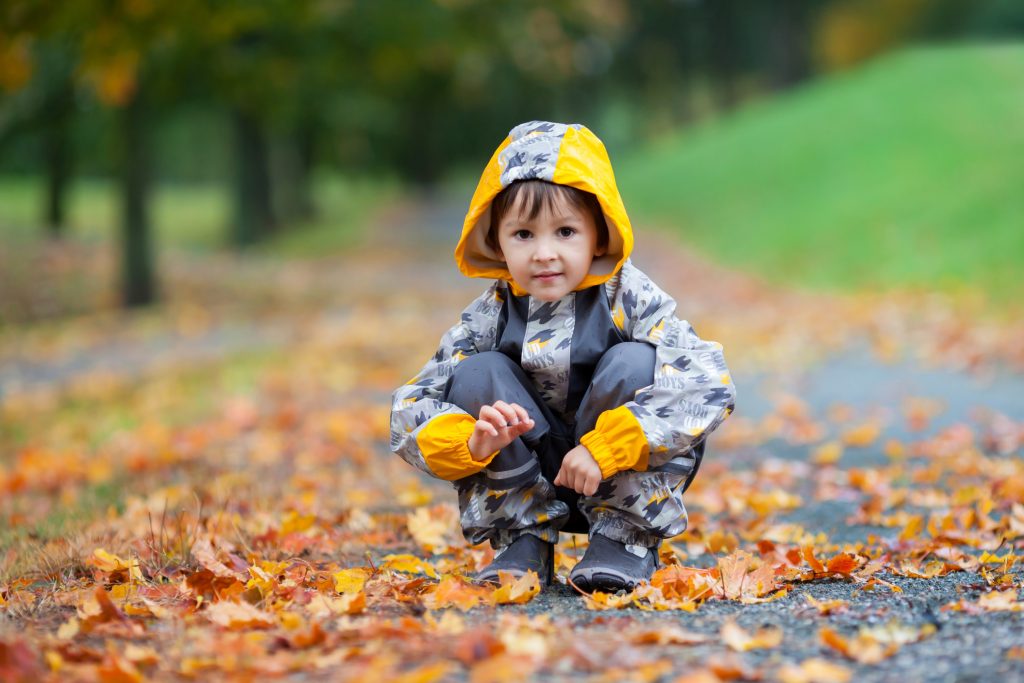
source: pinterest.com
Furthermore, children with a strong connection to nature often exhibit traits like resilience and adaptability. They are more comfortable with change and uncertainty, as the natural world is always evolving and presenting new challenges and opportunities. This adaptability is a valuable trait that will serve them well in all aspects of life.
Conclusion
Outdoor play is more than just a way to burn off energy; it’s a vital component of a child’s development. The advantages are comprehensive and long-lasting, from physical growth and emotional well-being to cognitive benefits and social skills.
Moreover, a strong connection to nature nurtured through outdoor activities can imbue children with a sense of responsibility and respect for the world they live in. It’s time to put down the screens and let your child explore the endless possibilities of the great outdoors.

